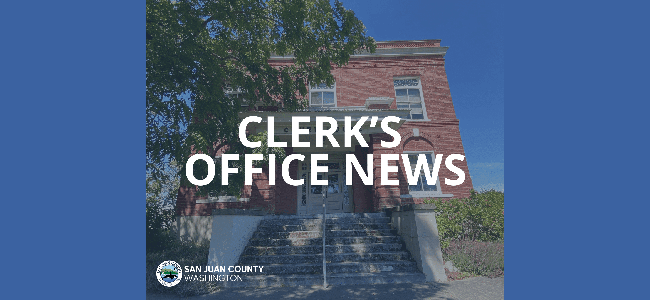|

A child waves at a passing ferry in the Puget Sound, and Washington youth and legislators celebrate the launch of free youth public transit. By Oct. 1, most of Washington state’s public transit systems will have launched a free fare program for riders 18 and under. Images courtesy of the Washington State Department of Transportation, Pierce Transit, and ORCA Card.
Public transit is now free for riders ages 18 and under in many places statewide thanks to the Move Ahead Washington transportation package passed by legislators earlier this year.
School, sports, activities, friends, and work are all now a little more accessible for young Washingtonians and their families. Eight Puget Sound-area public transit agencies began new programs for free youth fares on Thursday. Many other agencies statewide have begun or will soon begin similar programs.
The Move Ahead Washington transportation package created Transit Support Grants for agencies that implement a zero-fare program for riders 18 and under by Oct. 1. This will include free fare on Washington State Ferries vessels. The Washington State Department of Transportation has thus far received 21 free youth fare policies from the 32 transit systems in the state.
Details vary. Young riders may contact their local transit agency for instructions to enjoy free ridership.

The Jackson Street Workers Mural graces the exterior of the Washington State Labor Council offices in Seattle at the intersection of 16th and Jackson. The mural commemorates the history of progress of workers rights and achievements in Washington state.
Monday is Labor Day, an occasion to honor workers, their contributions to our society, and their rights in the workplace.
A story posted to Gov. Jay Inslee’s Medium today reflects on Washington’s long history of labor progress and celebrates recent developments like paid family and medical leave that are improving life and workplace culture for Washington workers. Washington consistently ranks as one of the best states for workers due to its high minimum wage and strong worker protections.
“Washington is leading the way in lifting workers up,” says Washington State Labor Council spokesman David Groves. “Steps the governor has taken to increase access to overtime and paid medical and family leave – these steps make Washington a better place to work and a more desirable place to live. They make a big difference to live in a state where workers are treated well.”
Joel Sacks, director of the state Department of Labor and Industries, penned an op-ed for the Seattle Times this week to reflect on the work of his agency to prevent workplace death and injury. Most recently, L&I has adopted lifesaving measures to protect workers from COVID-19, wildfire smoke, and extreme heat.
“We’re grateful for the work you do, and we dedicate our work to making sure you’re safe, respected and treated right on the job,” wrote Sacks.
State and local agencies have partnered this summer on an effort to transition people experiencing homelessness away from dangerous encampments along state roadways and into stable, supportive housing.
The Right of Way Safety Initiative is focused on several locations in Puget Sound and Spokane. This week, KOMO news highlighted the efforts of outreach teams who conducted several weeks of personalized outreach to 75 people previously living in the Dearborn encampment along I-5 in Seattle. The teams were able to move those individuals into safer shelter, lodging, and inpatient treatment recently.
“I appreciate the incredible dedication of the community organizations and agency teams who have been ensuring we can provide safer options to some of our unhoused neighbors living in dangerous right of way locations,” said Gov. Jay Inslee. “This safety initiative is possible because local leaders and experienced nonprofits are willing and able to partner with the state and serve these individuals with compassion.”
The Washington State Patrol, state Department of Commerce, state Department of Transportation, City of Seattle, King County Regional Homelessness Authority, and outreach organizations REACH and JustCare collaborated on the Dearborn site. Local and nonprofit partners have also helped people living at other sites in King and Thurston counties. State agencies are continuing to pursue partnerships for similar efforts in additional counties.
|









